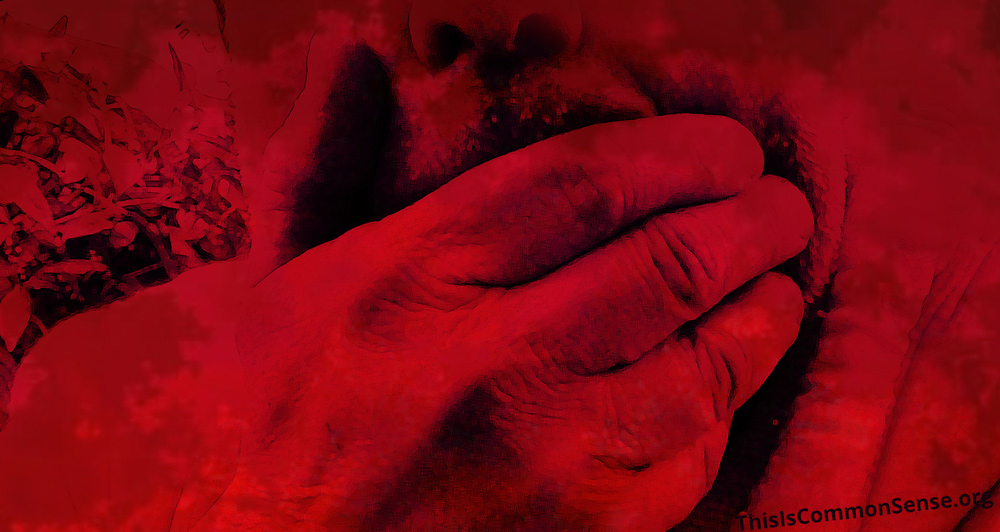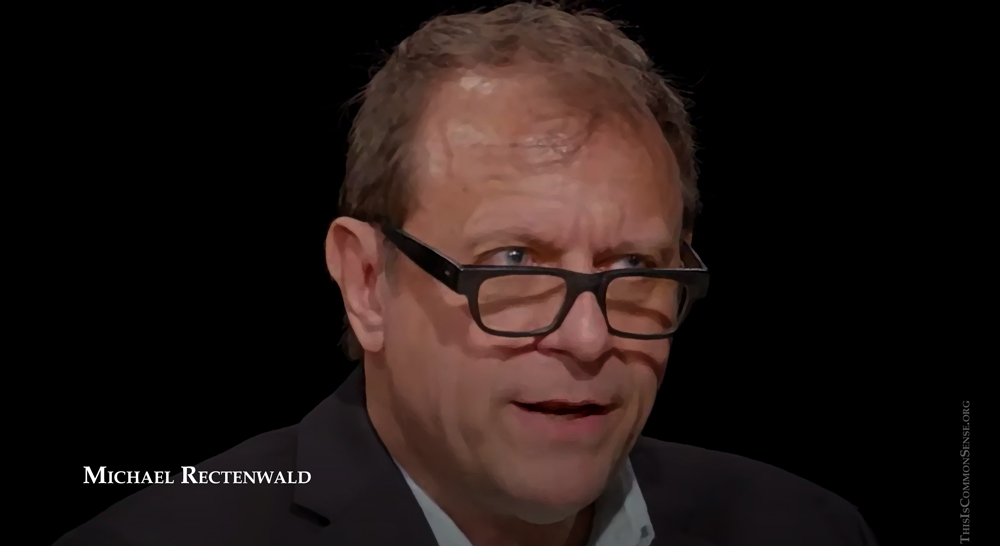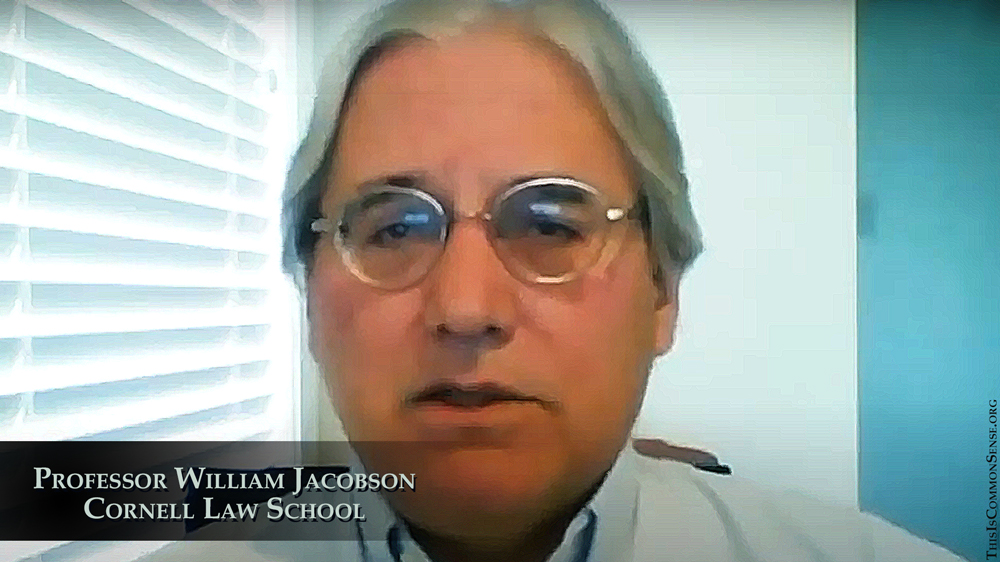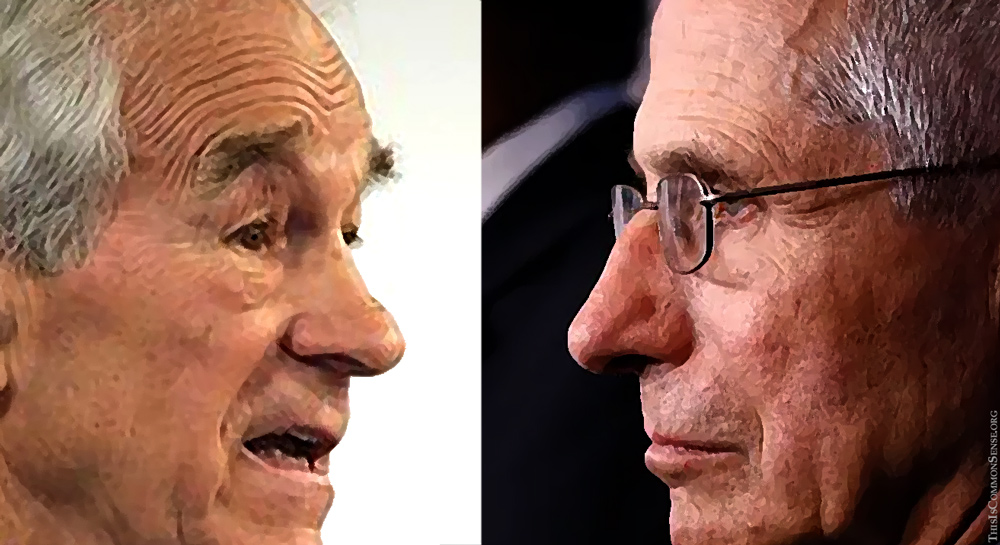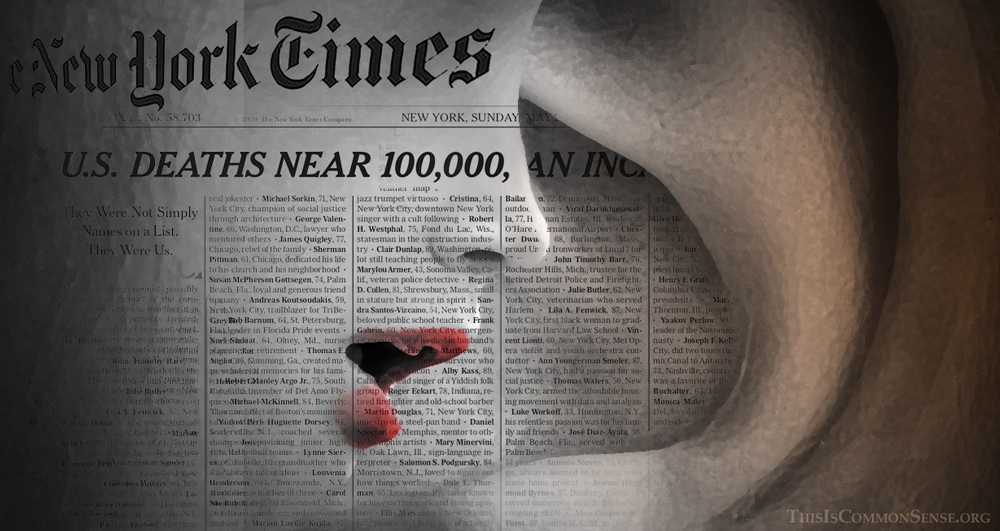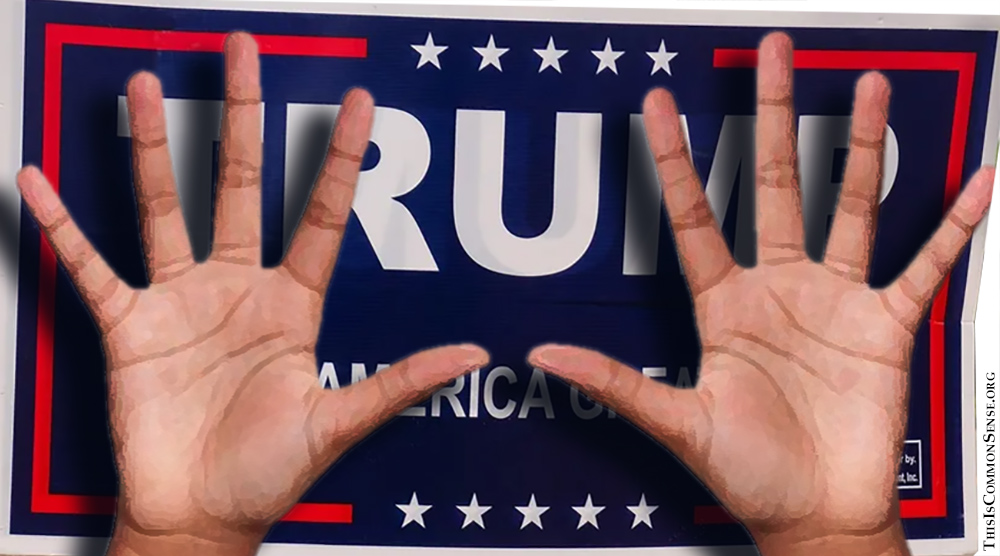In this frightening time marked by actual violence — five dead in the attack on the U.S. capitol and many more killed during last summer’s unrest* — last week’s very scariest news was this admission by Congresswoman Alexandria Ocasio-Cortez (D‑NY):
Several members of Congress, in some of my discussions, have brought up media literacy because that is a part of what happened here [the capitol attack] and we’re going to have to figure out how we rein in our media environment so that you can’t just spew disinformation and misinformation.
Two things immediately came to mind.
First, AOC has herself “shown a tendency to exaggerate or misstate basic facts,” as a year-old Washington Post report noted.
“I think that there’s a lot of people more concerned about being precisely, factually, and semantically correct,” the progressive pol explained, “than about being morally right.”
Second, I recall taking President Trump to task in 2017 after he asked in a tweet: “With all of the Fake News coming out of NBC and the Networks, at what point is it appropriate to challenge their License?”
“The answer to his question is,” I wrote, “never.”
But when Twitter blocked Trump for life, many pro-democracy activists in Hong Kong and Taiwan replaced their profile pictures with a photo of their ally, Trump.
“People in China use VPN [a Virtual Private Network] because they crave uncensored information,” explained Taiwanese media commentator Sang Pu, “but now when they climb over the Great Firewall what they’ll find is more partisan, more censored, more narrow speech rather than an open arena for debate.”
Sad. Tragic. For America is free speech. It is our gift to the world.
Or was?
This is Common Sense. I’m Paul Jacob.
* Be skeptical of these numbers. Of the five deaths at the capitol, one was due to stroke and another a heart attack, both occurring outside the capitol and away from the violence. Three deaths are, of course, three too many. Likewise, the deaths linked to the summer riots include violence by both police and civilians with the details and motivations not always known.
—
See all recent commentary
(simplified and organized)
